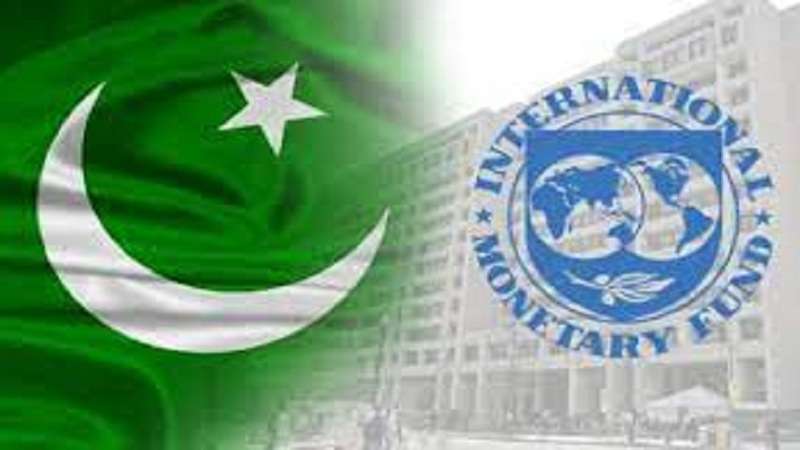Islamabad, May 27, 2024 – The International Monetary Fund (IMF) has announced that Pakistan is implementing fairer taxation policies aimed at boosting domestic revenue.
This move is part of a broader strategy to enhance economic stability and growth within the country.
An IMF team, led by Nathan Porter, the IMF’s Mission Chief to Pakistan, visited Islamabad from May 13-23, 2024, to discuss Pakistan’s economic plans under the IMF’s Extended Fund Facility (EFF). The discussions focused on a home-grown economic program designed by Pakistani authorities, which aims to transition the country from stabilization to sustainable growth.
Following the visit, Porter issued a statement highlighting the progress made during the discussions. “Building on the economic stabilization achieved through the successful completion of the 2023 Stand-by Arrangement, the IMF and the Pakistani authorities made significant progress toward reaching a Staff Level Agreement (SLA) on a comprehensive economic policy and reform program that can be supported under an Extended Fund Facility (EFF),” said Porter.
The planned reforms are intended to move Pakistan beyond economic stabilization to robust, inclusive, and resilient growth. Key components of the reform agenda include strengthening public finances to mitigate vulnerabilities by improving domestic revenue mobilization through fairer taxation. This approach aims to ensure a more equitable tax system that can generate higher revenues without disproportionately burdening any particular segment of society.
In addition to tax reforms, the authorities plan to increase spending on human capital, social protection, and climate resilience. This includes initiatives to enhance education, healthcare, and social safety nets, alongside measures to address the impacts of climate change.
Energy sector reforms are also a critical aspect of the program. The government aims to reduce the high costs of energy and secure the sector’s viability, which is essential for sustainable economic growth. These reforms are expected to make energy more affordable and reliable, benefiting both businesses and households.
Monetary and exchange rate policies will continue to focus on maintaining low and stable inflation. This will involve appropriate measures to ensure that the monetary environment supports economic growth while keeping inflation in check.
Improving public service provision is another priority, with plans to restructure and privatize state-owned enterprises (SOEs). This restructuring aims to make SOEs more efficient and financially viable, reducing the fiscal burden on the government and improving service delivery.
The program also emphasizes promoting private sector development by creating a level-playing field for investment and enhancing governance. This involves regulatory reforms and measures to improve the business environment, making it easier for both domestic and foreign investors to operate in Pakistan.
The IMF mission and Pakistani authorities will continue their policy discussions virtually in the coming days to finalize the details of the program. These discussions will also cover the financial support required to support the reform efforts, involving contributions from the IMF and Pakistan’s bilateral and multilateral partners.
“The IMF team is grateful to the Pakistani authorities, private sector, and development partners for fruitful discussions and their hospitality throughout this mission,” Porter added.
The implementation of these reforms is expected to foster stronger economic growth, enhance social protection, and build resilience against economic shocks, positioning Pakistan on a path toward sustainable development.
